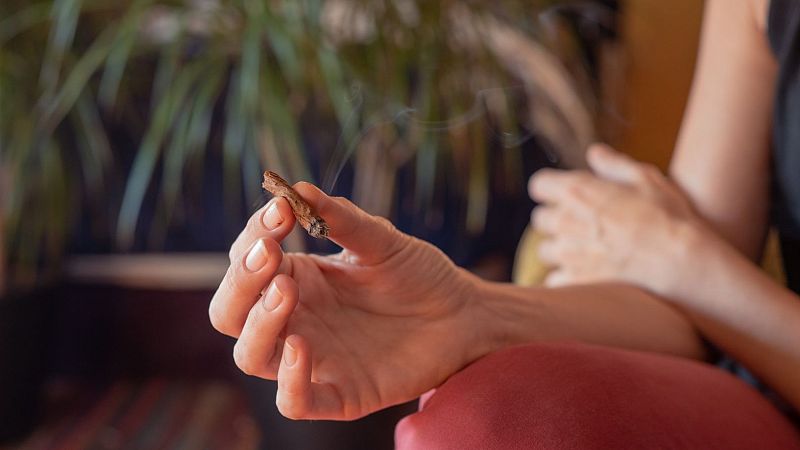Cannabis use could affect women’s fertility, new study finds

Cannabis use may affect women’s fertility, new research suggests.
Researchers tested samples from women who underwent in vitro fertilisation (IVF) to try to get pregnant in Canada. Samples that tested positive for tetrahydrocannabinol (THC) – the psychoactive ingredient in cannabis that makes people feel “high” – were more likely to have signs of poor outcomes.
That included fewer embryos that were chromosomally normal, which is tied to implantation failure, miscarriage, and incompatibility with life, according to the study published in the journal Nature Communications.
The researchers from Canada and Israel analysed 1,059 samples of follicular fluid, or the liquid in the ovaries that surrounds and nourishes a developing egg. Sixty-two samples tested positive for THC metabolites, indicating the women had used cannabis.
These were the samples with abnormal chromosome counts, on average.
The researchers also ran laboratory tests on immature egg cells from 24 donors to simulate the potential effects of using THC. At THC levels similar to what they found in the 62 samples, the drug was more likely to induce errors in the distribution of chromosomes, which could make IVF more likely to fail.
Notably, the egg maturation rate, which is the percentage of eggs that successfully develop and can be fertilised, was also affected by THC. However, the researchers only found changes when they used levels of THC that were higher than the average amount detected in the patients’ samples.
Cyntia Duval, the study’s lead author, said its key strength is that her team was able to measure THC levels directly in patients’ samples, whereas most other studies rely on women to self-report their cannabis use. However, many do not admit to using cannabis.
“Our method gives us a much more accurate picture and helped us figure out the exact concentrations to use for our in vitro experiments,” Duval, now director of translational research at the Toronto-based CReATe Fertility Centre, told Euronews Health.
The authors cautioned that their findings only apply to a specific type of immature egg cell. The study also did not take into account factors such as the women’s ages, which could affect the overall health of their eggs.
Duval said it isn’t clear how often or how much cannabis the women used.
More research would be needed to understand how cannabis use affects pregnancy outcomes through the pathways identified in the study. But previous research has pointed to a link between drug use and fertility, and between cannabis and sperm quality.
The researchers said that because cannabis is so commonly used, it is critical to understand how it affects people’s mental, physical, and reproductive health. It could also help doctors better counsel their patients, they said.
“Our main goal is simple: to educate people with ovaries and IVF patients that cannabis might impact oocyte maturation and IVF outcomes,” Duval said.
“As cannabis becomes legal in more places, people need access to this kind of information now more than ever,” she added.
Today

